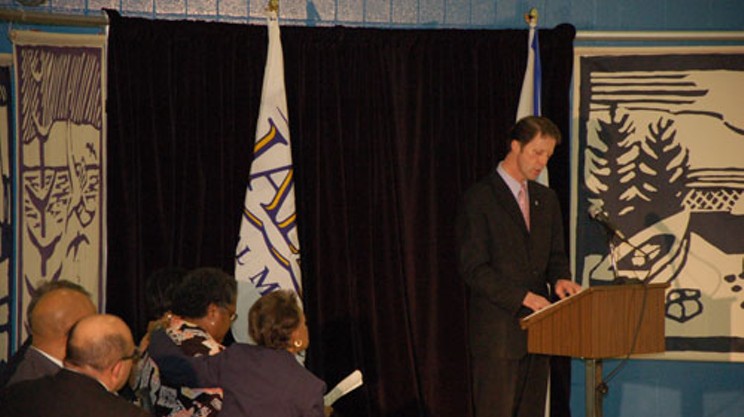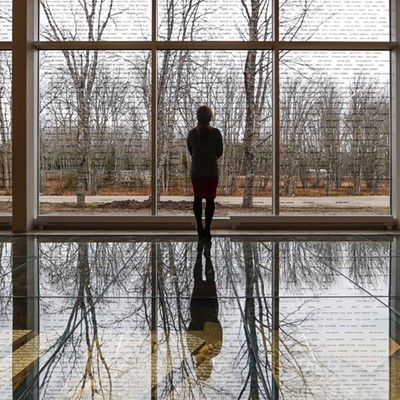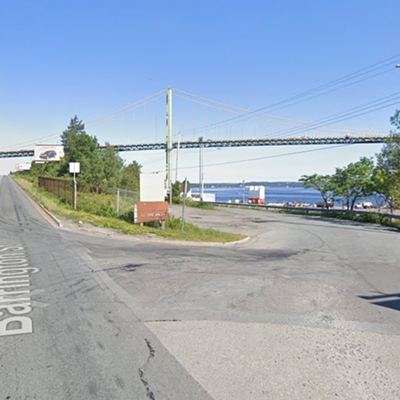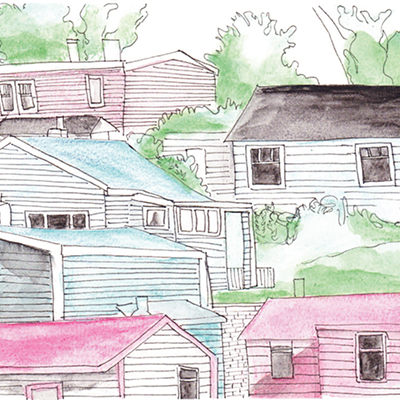The city's apology misses the mark, an opportunity
I am a masters student in the department of religion and theology at Saint Mary's University. I have spent the last few years dedicated to studying the black community in Halifax, and have recently been following HRM's offerings to the former residents of Africville.
The public apology made by Mayor Peter Kelly has left me disheartened and ashamed. The inhumane treatment of the Africville community has been on a never-ending roundabout since the 1850s. That is 160 years!
One hundred and 60 years of atrocious, disgusting behaviour and poor decision-making on part of HRM (then Halifax proper)---and a 12-sentence apology sums up the official list of regrets? This is the statement to Africville that we offer the world and our city?
Newton's laws of motion state that for every action there is an equal and opposite reaction. The apology crafted by the HRM to Africville is the metaphorical equivalent of balancing a dump truck against a smart car and being shocked when the scale tips. It is a disproportionate reaction considering the severity of the situation.
I am not under the assumption there is any combination of words that may be strung together to incite forgiveness for the horrors committed by the HRM toward Africville and its community. Some things are unforgivable. However, I do believe that the apology had the capacity to be much more than it was. It had the potential to shake HRM's foundation for community interaction.
One hundred and sixty years in the making! Imagine. It could have been a medium to inspire community bonding. It could have been an opportunity for every open-hearted citizen of the HRM to realize that the people of Africville are the epitome of what it means to be a dedicated, loyal, growing, surviving, sharing and thriving community of human beings. It could have been used to demonstrate that this community deserves to be held up as a role model for others.
And through the recognition of these things, the apology could have transcended a mere public address. It could have inspired and motivated changes of racist and prejudiced world-views that still exist in our own city.
We could have, one day, held the apology under the light fixture in the mayor's office only to find the words had disappeared. They had evolved, become alive. And that creation could have built something beautiful for every piece previously destroyed.
Perhaps it would have eventually embodied the closest possible human attempt at assembling an equal and opposite reaction. But alas, reconciliation efforts offered by the HRM toward the Africville community have been founded on a 12-sentence apology.—Georgia Richards, Halifax
















